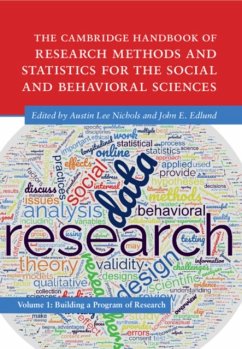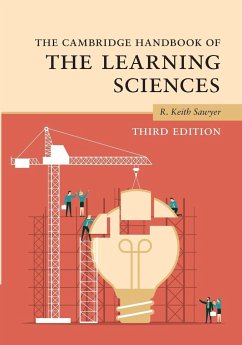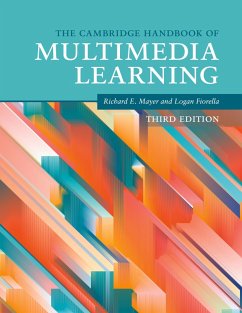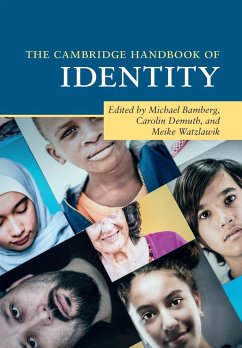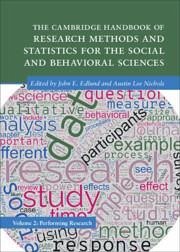
The Cambridge Handbook of Research Methods and Statistics for the Social and Behavioral Sciences
Versandkostenfrei!
Versandfertig in 1-2 Wochen
70,99 €
inkl. MwSt.

PAYBACK Punkte
35 °P sammeln!
The second of three volumes, this handbook covers some of the most cutting-edge topics in research methods across the social and behavioral sciences, focusing on performing research. It is written by knowledgeable and prolific methodologists from around the globe and is a must-read for anyone interested in conducting high-quality research.





